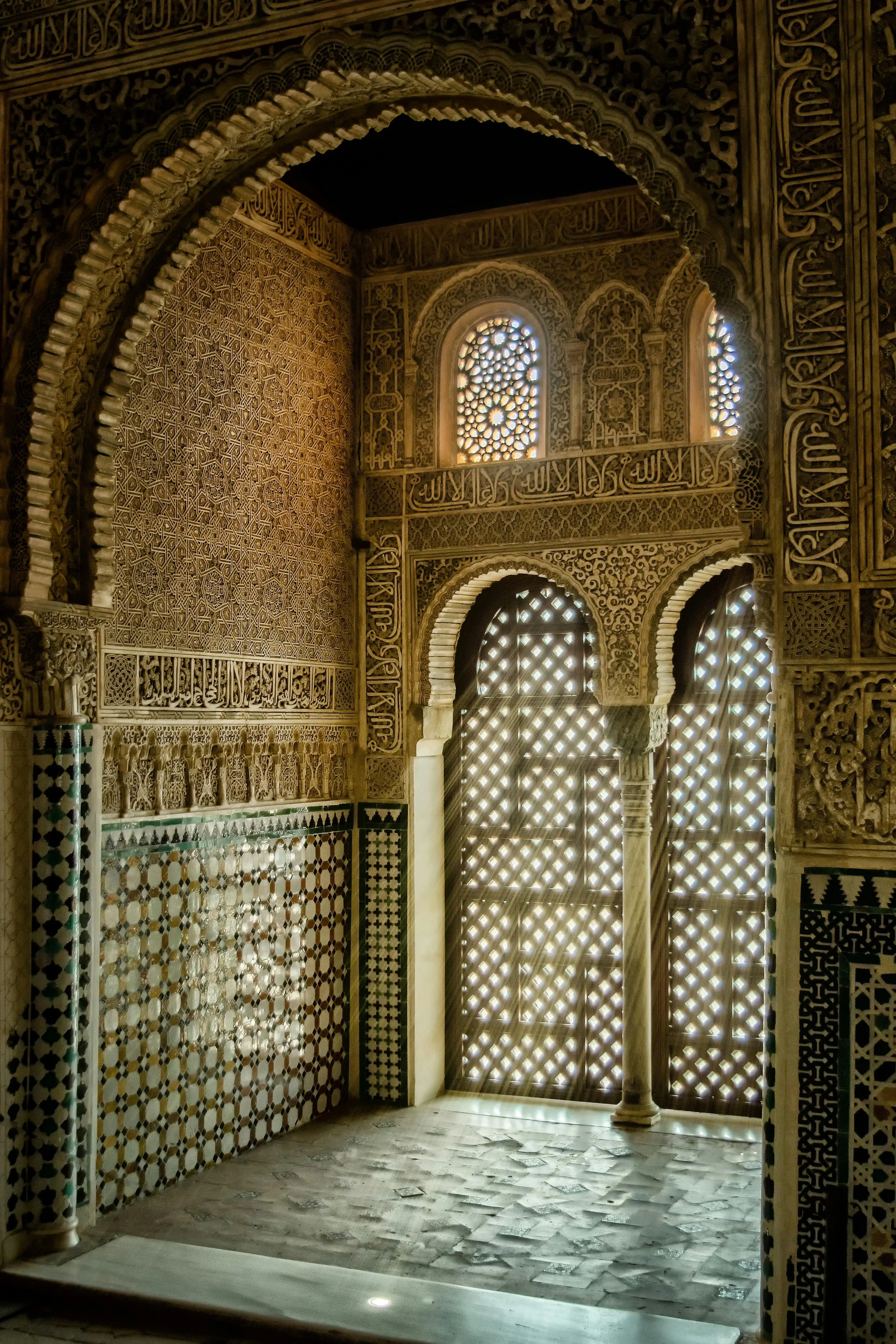Honoring the Legacy of a Saint, Scholar, and Servant of the People
Tuan= Master and Guru=Teacher
Tuan Guru was more than a scholar—he was a visionary, a saint, a healer, and a servant leader who left an indelible mark on both spiritual and social landscapes. A noble Sayyid and a master of multiple languages, he emerged as one of the first urban activists and an authentic Islamic authority in the Cape.
A descendant of the revered Wali Songo (the circle of nine saints of Indonesia), Tuan Guru became a saint in his own right—completing a spiritual circle in South Africa. As a practitioner of both the Shādhilī and Qādarī Sufi orders, he was deeply rooted in Islamic tradition, yet bold enough to critique great thinkers like Imam al-Ghazālī when context called for it.
He lived and taught with remarkable awareness of his time and place—al-fiqh al-wāqi’—and advocated for spiritual practices and communal traditions that nurtured the body, mind, and soul: from rātib ceremonies to naturopathy, even formulating his own healing hair product. His commitment to wājib-bid‘āt (necessary innovations) reflected his compassionate pragmatism and care for the wounded and marginalized.
Tuan Guru treated the indigenous Khoi-San people and all women with dignity and equality, modeling radical respect in a colonial context. While the Khoi-San resisted Dutch aggression, their relationship with the Cape Malays—under Tuan Guru’s leadership—remained rooted in peace and mutual respect.
Captured after resisting colonization in Tidore, he turned to strategic resistance in Cape Town—laying the intellectual and moral groundwork for future generations of Muslim and anti-apartheid leaders, including Dr. Abdullah Abdurahman, Imam Abdullah Haron (al-Shahīd), and Minister Dulla Omar, the first Minister of Justice in Mandela’s post-apartheid government.
Tuan Guru embodied resilience, dignity, enlightenment, humility, jur’ah (faithful courage), khidmah (service), and the sober strength of a life rooted in divine consciousness. His legacy calls us not only to remember—but to continue.
Rooted in Faith. Driven by Knowledge. Empowering the Future
Muslims navigating American academia—including within religious institutions such as Catholic universities—often encounter tokenism, systemic roadblocks, invisible ceilings, and institutional minefields. Despite the growing presence of Muslim students and faculty, the path to leadership, recognition, and advancement remains disproportionately narrow.
This initiative was born from the urgent need to change that.
We envision a transformative academic environment led by Muslims, for Muslims—where authentic representation is prioritized and tokenism has no place. Leadership structures, including boards of trustees and executive roles, are guided by Islamic values and built with integrity and intentionality.
Our mission includes:
Granting tenure to qualified Muslim scholars and educators.
Supporting Muslim PhD candidates with pathways to doctoral degrees.
Facilitating access to Public Service Loan Forgiveness and other academic support programs.
Funding research publications, conference presentations, field study travel, MOOCs, and thought leadership through blogs and digital platforms.
Our academic and campus ethos is inspired by the values found in Islamic private schools: integrity, purpose, and excellence. We believe education should not just inform—it should uplift, empower, and reflect the spiritual and cultural identities of its community.
This is more than an educational initiative—it’s a movement to reclaim space, honor identity, and build a future where Muslim excellence is supported, celebrated, and sustained.
Dr. Imam Achmat Salie
Founder
Dr. Imam Achmat Salie is a respected voice in American Muslim academia and a driving force for transformative, faith-rooted education. For over 17 years, he has served the metropolitan Detroit area, founding and directing Islamic Studies programs at Oakland University (2006) and the University of Detroit Mercy (2011)—where he successfully nurtured inclusive, academically rigorous spaces for interfaith and intercultural learning.
His academic journey is both deep and diverse, with formal training in Islamic Jurisprudence, Arabic, Education, and Business. This multidisciplinary background shapes his unique approach to scholarship—one that is both spiritually grounded and socially engaged.
Dr. Salie has lectured extensively across the U.S. and internationally on topics including nonviolence, democracy, architecture, philanthropy, biomedical ethics, civic engagement, and what he calls an “epistemology of discomfort”—challenging learners to reflect, grow, and lead with humility.
A firm believer in compassionate communities of conscience, Dr. Salie promotes a spirituality that is righteous without being self-righteous, encouraging deeper understanding over quick judgment. His vision is clear: to cultivate institutions and spaces where Muslim values, leadership, and scholarship are not only included—but centered.


